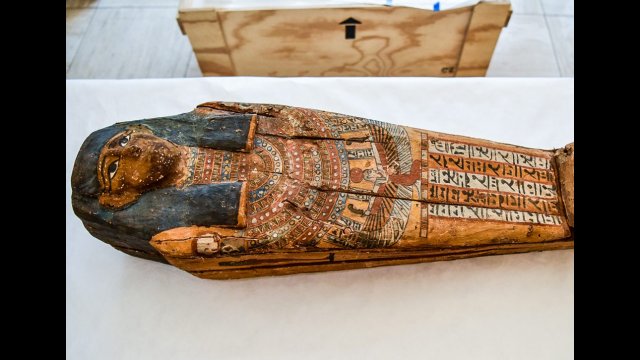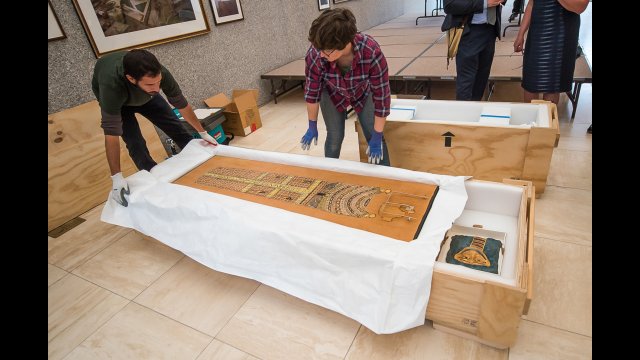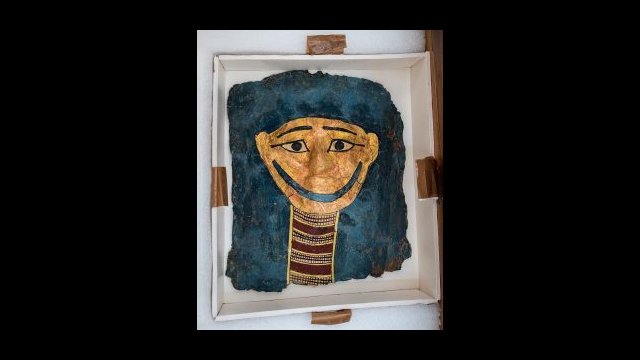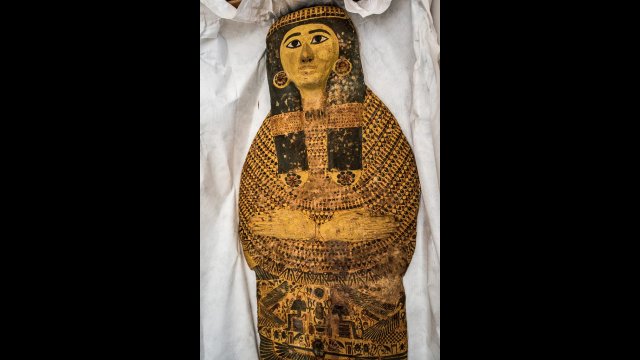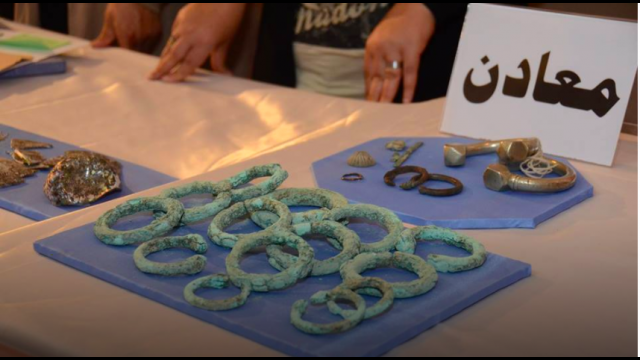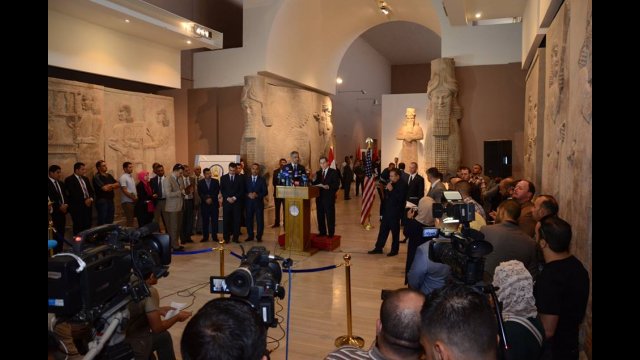640x360_techwomen_nasa.jpg
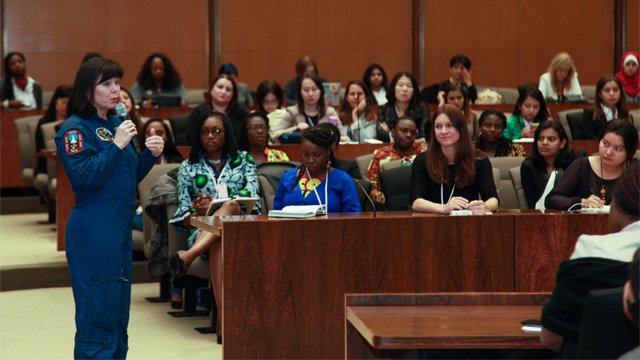 Former NASA astronaut Mary Ellen Weber give an inspiring talk to TechWomen participants from all over the world.
Former NASA astronaut Mary Ellen Weber give an inspiring talk to TechWomen participants from all over the world.
640x360_mtvu_cambodia.jpg
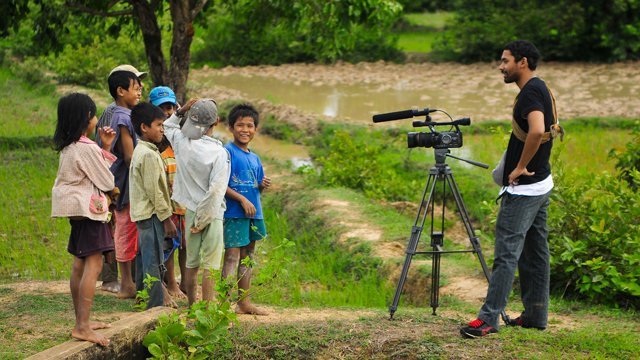 Fulbright-mtvU Fellow Phally Chroy in Cambodia, where he made a documentary examining the reclamation of Cambodia's lost musical heritage of the 1950s and 1960s - music that was outlawed during the reign of the Khmer Rouge.
Fulbright-mtvU Fellow Phally Chroy in Cambodia, where he made a documentary examining the reclamation of Cambodia's lost musical heritage of the 1950s and 1960s - music that was outlawed during the reign of the Khmer Rouge.
640x360_fortune.jpg
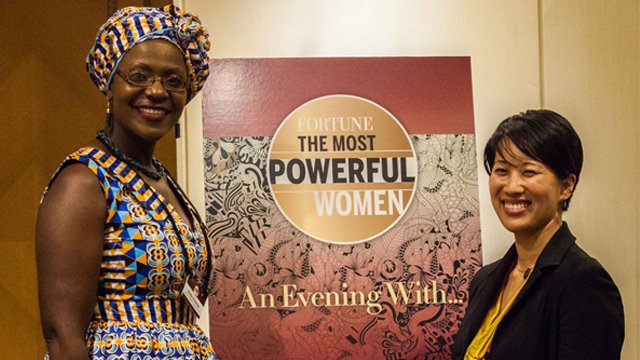 Two participants pose at a celebratory dinner for the FORTUNE/State Department Global Women's Mentoring Partnership in 2016.
Two participants pose at a celebratory dinner for the FORTUNE/State Department Global Women's Mentoring Partnership in 2016.
640x360_fortune_women.jpg
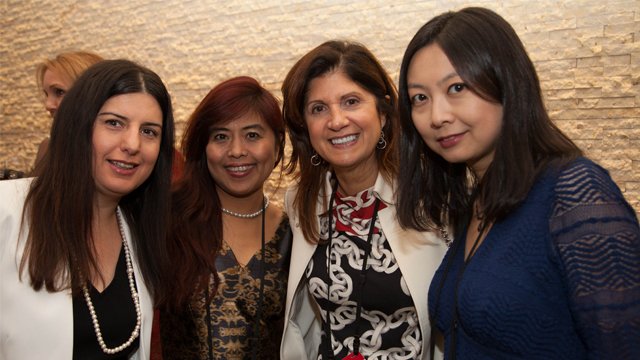 Dorina Turku, Thinn Thinn Sett, Wenyi Xing of Fortune State Department Global Mentorship Partnership pose together for a shot at the conference in 2014.
Dorina Turku, Thinn Thinn Sett, Wenyi Xing of Fortune State Department Global Mentorship Partnership pose together for a shot at the conference in 2014.
640x360_gsmp_disability_sports.jpg
 Eliza Eliasz from Poland participates in adaptive tennis during a disability sports session at Emory Recreation Center in D.C.
Eliza Eliasz from Poland participates in adaptive tennis during a disability sports session at Emory Recreation Center in D.C.
640x360_gilman_airbnb.jpg
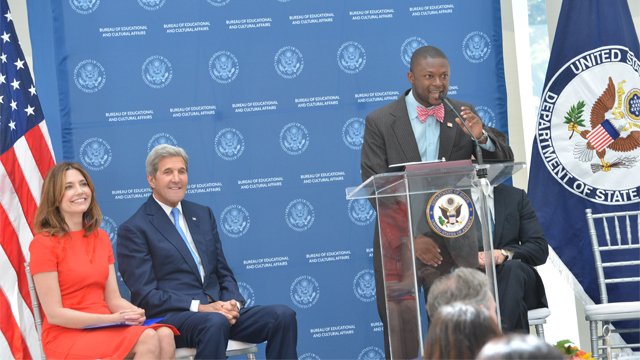 Gilman Scholar Nathan Gwira speaks during a State Department and Airbnb joint event announcing an expansion of the Gilman Scholarship program in China at the USIP on September 12, 2016.
Gilman Scholar Nathan Gwira speaks during a State Department and Airbnb joint event announcing an expansion of the Gilman Scholarship program in China at the USIP on September 12, 2016.
640x360_sports_leadership.jpg
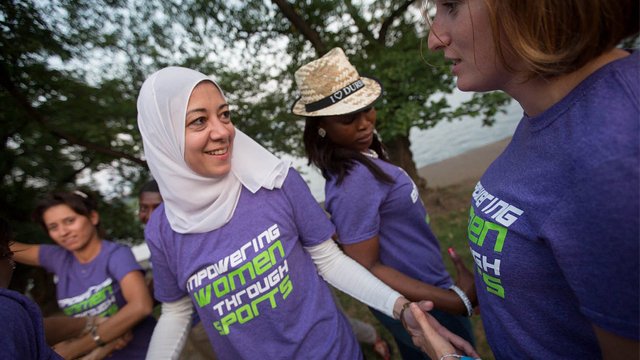 Emerging leaders participating int he espnW Global Sports Mentoring Program engaged in leadership and team-building activities during a trip to Washington, D.C.
Emerging leaders participating int he espnW Global Sports Mentoring Program engaged in leadership and team-building activities during a trip to Washington, D.C.
640x360_sports_united_brazil.jpg
 The U.S. State Department partnered with Coca-Cola's Civic and Social Responsibility division for a program that sent Sports Envoys Erikka Gulbranson and Ashley Dean to Brazil in August 2008.
The U.S. State Department partnered with Coca-Cola's Civic and Social Responsibility division for a program that sent Sports Envoys Erikka Gulbranson and Ashley Dean to Brazil in August 2008.
susi_women.jpg
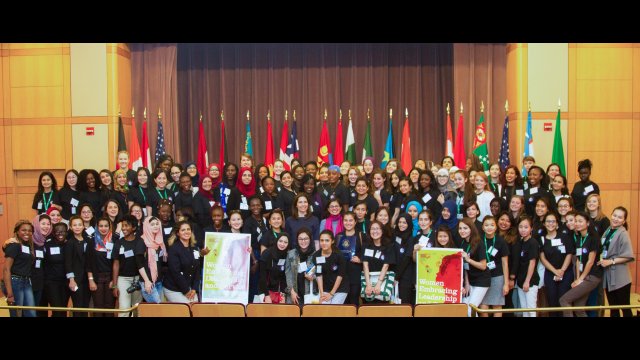 Women from all over the world gathered together for the Study of U.S. Institutes on Women's Leadership program conference in 2016.
Women from all over the world gathered together for the Study of U.S. Institutes on Women's Leadership program conference in 2016.
640x360_mwf_summit_2016.jpg
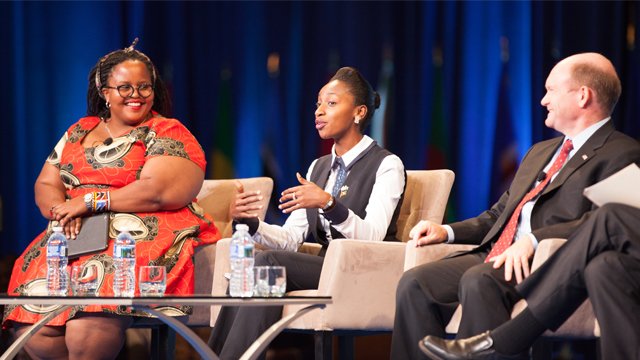 Patience Kente (middle) addresses the crowd as a panelist on the Congressional Forum on Investing in the Next Generation of Africa during the Mandela Washington Fellowship Summit 2016.
Patience Kente (middle) addresses the crowd as a panelist on the Congressional Forum on Investing in the Next Generation of Africa during the Mandela Washington Fellowship Summit 2016.
The State Department partners with many public and private organizations to advance key policy goals such as increased access for persons with disabilities, combatting climate change, promoting good governance, fostering women and girls leadership, and technology advancement.



